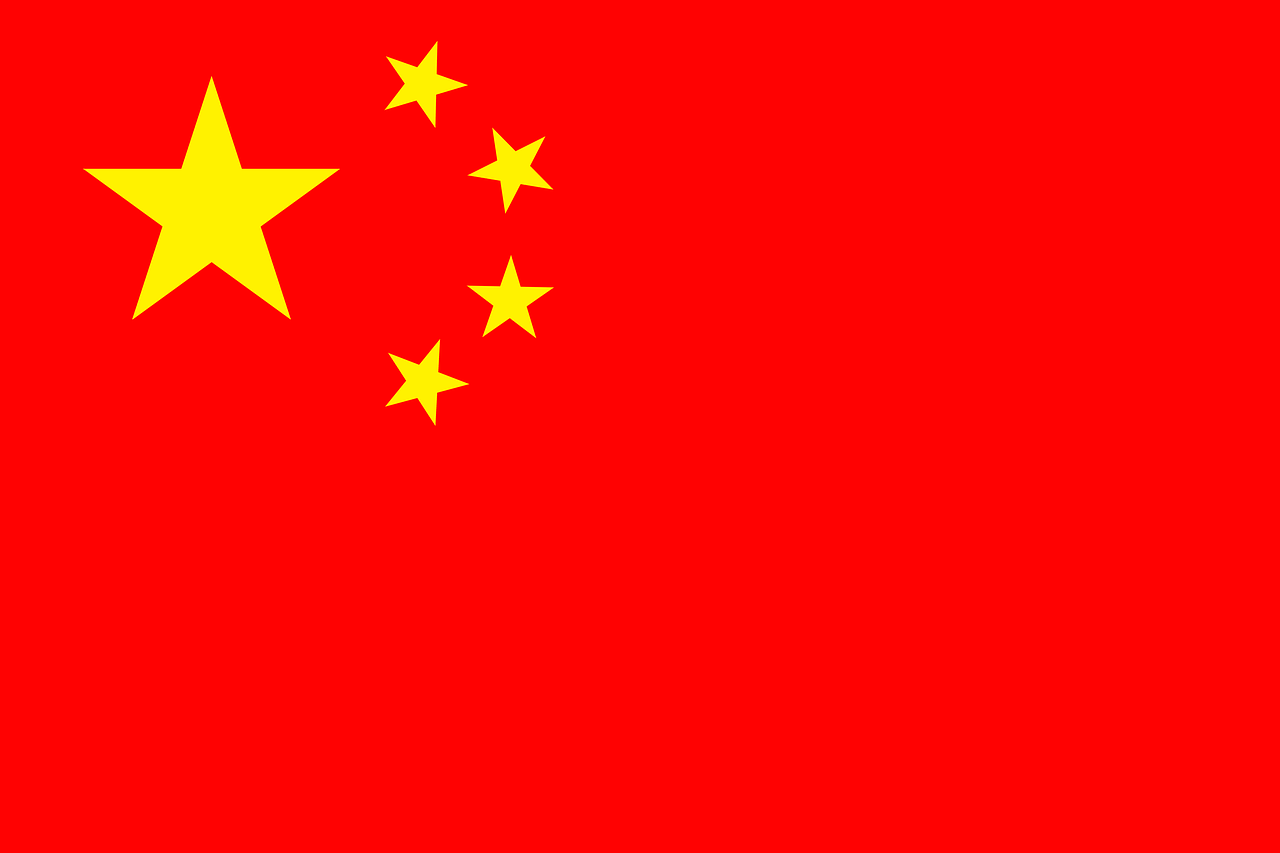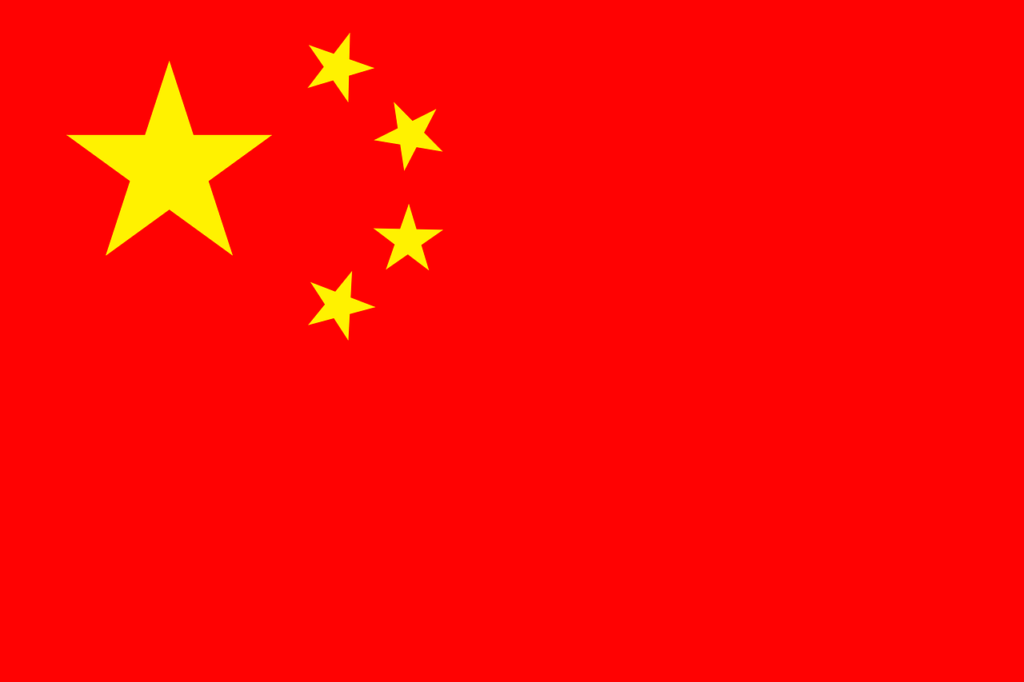
“After the markets open, I’m not looking forward to going back to my office later today.” This was the opening remark from Charles Li, Chief Executive, Hong Kong Exchanges and Clearing Limited, referring to the recent turmoil in global financial markets. Li questioned how much longer China could sustain the 8-9% growth figures it has managed in recent years. He explained, “All the easy decisions in China have already been made and now we’re left with only the difficult choices—perception, over all, runs everything in China.” Li advised business leaders to stop thinking of China’s benevolence to Hong Kong—as no gifts are free. He then sought inspiration from J F Kennedy’s famous inaugural address and added, “Let’s ask not what China can do for Hong Kong—ask what Hong Kong can do for China.”
Hong Kong’s success
Li pointed to three key factors that had been instrumental in helping Hong Kong ensure China’s current success: trade, foreign direct investment in the ‘80s and ‘90s, and capital formation—raising capital for China. These factors, he argued, had played a key role in facilitating China to build up banking, telecommunication and insurance companies that were among, if not the, biggest in the world. He noted that Hong Kong was ranked tenth globally by trade volume, but boasted the largest ratio in the world of GDP to market capitalisation. He said Hong Kong, rather than sitting still and benefiting for a ‘trickle’ of revenue from mainland China, should instead look for ways of structuring itself into a growth engine to generate much greater returns. In relation to HR, he said, “HR Directors need to keep their eyes and ears open as to what is going on in the market. Opportunities are fast passing in Hong Kong and easily missed. You need to ensure your people are properly equipped and trained for the future.”
Li’s speech set the tone for the HKMA’s Annual Conference on 22 November, which brought together a panel of exceptional speakers and business leaders to explore the synergy and opportunities the unique Hong Kong-Mainland relationship has created.
China leapfrogs Japan
Mainland China has leapfrogged Japan to become the world's second-largest economy, a title that Japan previously held for over 40 years. Mainland China's rapid growth has presented Hong Kong with new opportunities as well as challenges. The Twelfth Five-Year Plan contains a chapter dedicated to Hong Kong which highlights the significant functions of Hong Kong in the country's overall development strategy.
Integrity management
Tse Man Shing, Director of Corruption Prevention, Independent Commission Against Corruption, later spoke on an Integrity Based Management System which sets ethical standards. Tse said, “We need to educate the next generation, we need to educate people to do the right thing.” This integrity management has now filtered down into various universities as the ICAC is running courses which reward undergraduates with one or two points. It aims to develop their minds before entering society. Tse added, “Each company should lay down their ethical standards and commit to corporate governance—all those involved should aim for zero corruption.”
SOE assistance platform
Captain Wei Jiafu, Chairman, COSCO Group provided an impassioned lunchtime speech highlighting the advantages of Hong Kong as a platform to assist SOEs entering the global market. He went on to emphasise the Central Government's strong support for maintaining the long-term prosperity and stability of Hong Kong and the key role that the SAR will play as SOEs in mainland Chain continue to become more sophisticated.
Livability of HK
During the day, HR Magazine stole a few moments to interview Jonathan Slone, Chairman and CEO of CLSA. He echoed sentiments about the incredibly strong people infrastructure that existed in Hong Kong and explained, “When hiring from Hong Kong, you are hiring the best globally. You really get a range of talent that’s quite unique.”
On the topic of the ‘liveability’ aspect of Hong Kong, Slone asserted that it possesses great ‘liveability criteria’ and yet still poses great ‘liveability challenges’. On the one hand boasting a great education system, clean and transparent government, rule of law, high per capita income and a wide variety of things for people to do. But, on the other hand there are the issues of the environment and the affordability of housing.
Slone maintained that in particular in times of economic downturn issues such as air pollution take on a heavier significance to the workforce and could ultimately result in the dispersing of Hong Kong’s premium-rate talent pool.
Given the emerging economy of China, its affordable housing programme and environmental policy, he cautioned that Hong Kong could miss out to its seemingly more attractive mainland neighbour. Whilst not afraid that Hong Kong will lose significant personnel and confident it can retain its attraction to high-caliber individuals, he does feel that the younger generation might opt out of the housing market which could potentially present significant long-term problems.
Greedy is good
Later in the day, Shih Wing Ching, Founder, Centaline Group, expressed that this is an ideal time for companies to re-position themselves in Hong Kong—get into China and spread further. He cautioned, however, that with out-of-date HR strategies organisations would not be able to take full advantage of this integration.
Shih said, “If leaders are too strong, subordinates can’t try new things…as a result an organisation will not grow.” He highlighted the need to co-evolve to develop and the importance of giving employees every opportunity to try new things. This self-autonomy is crucial to his minimal management strategy.
Shih also advised business leaders to let staff share in business results—including profits—and to ensure that an employee’s development grows with the future of the company.
Shih concluded, “Management is unethical…as bosses think they are leading the company by controlling, but employees need freewill to flourish….Greedy is good—we need our staff to be greedy to have drive to do business. But of course you can’t just consider yourself when doing business.”




